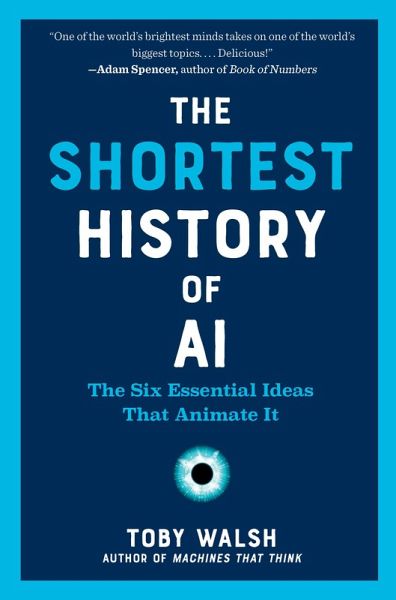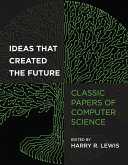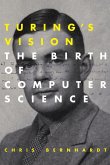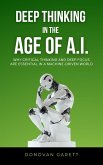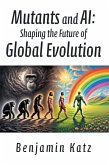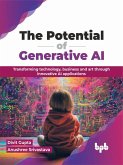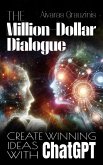A timely addition to the Shortest History serieseverything you need to know about AI in six essential ideas
Since Alan Turing first posed the question, Can machines think?, artificial intelligence has evolved from a speculative idea to a transformative force. The Shortest History of AI traces this evolution, from Ada Lovelace's visionary work to IBM's groundbreaking defeat of the chess world champion and the revolutionary emergence of ChatGPT. It also explores AI's cultural journey, touching on classics such as Frankenstein, A Hitchhiker's Guide to the Galaxy, and 2001: A Space Odyssey.
Revealing how many overnight successes were decades in the making, this accessible and illuminating book helps us to understand how AI functions by explaining the six key ideas that animate it:
Fast-paced and rich with facts, The Shortest History of AI equips readers to understand where we've beenand where we're headed.
Since Alan Turing first posed the question, Can machines think?, artificial intelligence has evolved from a speculative idea to a transformative force. The Shortest History of AI traces this evolution, from Ada Lovelace's visionary work to IBM's groundbreaking defeat of the chess world champion and the revolutionary emergence of ChatGPT. It also explores AI's cultural journey, touching on classics such as Frankenstein, A Hitchhiker's Guide to the Galaxy, and 2001: A Space Odyssey.
Revealing how many overnight successes were decades in the making, this accessible and illuminating book helps us to understand how AI functions by explaining the six key ideas that animate it:
- It searches for answers using pre-determined symbols and means-end analysis.
- It bases its answers on what sort of response it thinks it will get.
- It follows a set of rules in order to simulate human expertise.
- It copies the human brain by learning from experience.
- It uses reinforcement learning, rewarding its own successes and punishing itself for its failures.
- It uses Bayes' theorem to calculate the probability of a cause based on its effect.
Fast-paced and rich with facts, The Shortest History of AI equips readers to understand where we've beenand where we're headed.
Dieser Download kann aus rechtlichen Gründen nur mit Rechnungsadresse in A, D ausgeliefert werden.

